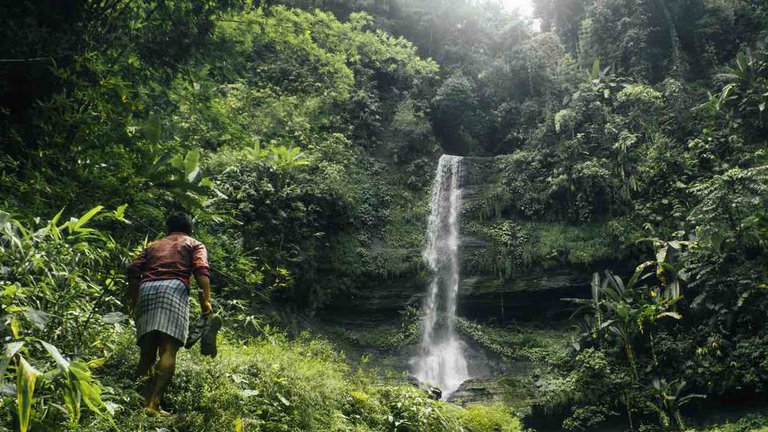A historical agreement has been signed that ends a court battle, of more than 20 years, between a group indigenous to the Amazon rainforest and the forestry industry.

An unprecedented agreement has been signed that puts an end to a decades-long court battle between a group indigenous to the Amazon rainforest and the forestry industry.
The long drawn-out judicial process extended since the 1990s, when the Ashaninka indigenous people filed a lawsuit against illegal logging activity.
This began in 1980, when forestry firms started harvesting mature cedar and mahogany trees for the European furniture trade from the Kampa do Rio Amônia Indigenous Reserve (the area of the Amazon rainforest that the Ashaninka people call home).

The pact was signed by the Attorney General, Augusto Aras, who oversaw the negotiation. Photo: Antonio Augusto
By opting for the negotiation route, instead of insisting on judicialisation, the involved parties guaranteed the Ashinanka people the right to their land as well as reparation for the damages caused to it by illegal deforestation.
Forestry companies and their legal teams acknowledged the “enormous importance of the Ashaninka people as guardians of the forest, zealous in the preservation of the environment,” in their official apology which claimed regret “for all the ills caused.”
The total money awarded in the settlement comes to R$20 million (equivalent to £3 million in the UK or $3.5 million in the US) and will be paid over five years. The majority of this will go the benefit of the indigenous people, put mainly towards reforestation projects. R$6 million, though, will be allocated for society in general, funding social rights projects.
Francisco Piyãko, part of Ashaninka leadership, said: “These resources come to enhance existing actions, to generate sustainability for our people, our land, so that it helps to strengthen us to continue the broader project of environmental protection and maintenance of our ways of life.”
According to Latin Post, the attorney for the Ashaninka people, Antonio Rodrigo, said: “The case will define hundreds of thousands of cases on massive environmental crimes in Brazil.”
Yale’s School of Forestry & Environmental Studies suggested that the Attorney General, Augusto Aras—who oversaw the negotiation—agrees and believes that this case could be a turning point in environmental and indigenous peoples lawsuits.
“What we did here was to comply with the Constitution, understanding that the indigenous people have sacred rights guaranteed by the Magna Carta,” Aras said in a statement. “You have the right to have a decent life, materially speaking, to choose your own destiny, to take part in political decisions, with respect to isolated communities.”
Featured image: Nishaan Ahmed
This post is also available on our website at: adaptnetwork.com/environment/ashaninka-indigenous-people-amazon-rainforest-win-court-battle-over-illegal-logging
Website: adaptnetwork.com
Hive: peakd.com/@adaptnetwork
Facebook: facebook.com/adaptnetwork
Twitter: twitter.com/adaptnet
Minds: minds.com/adaptnetwork
Thanks for sharing our article for World Environment Day. 🌍👍
This post is also available on our website at: adaptnetwork.com/environment/ashaninka-indigenous-people-amazon-rainforest-win-court-battle-over-illegal-logging